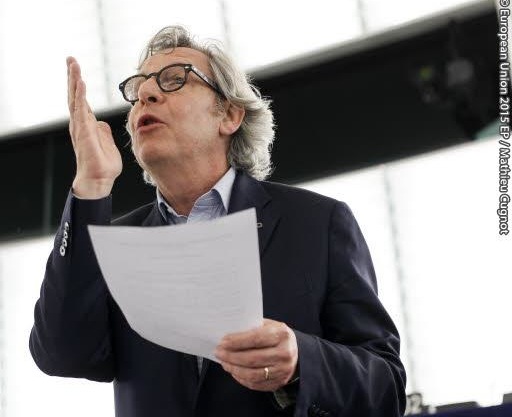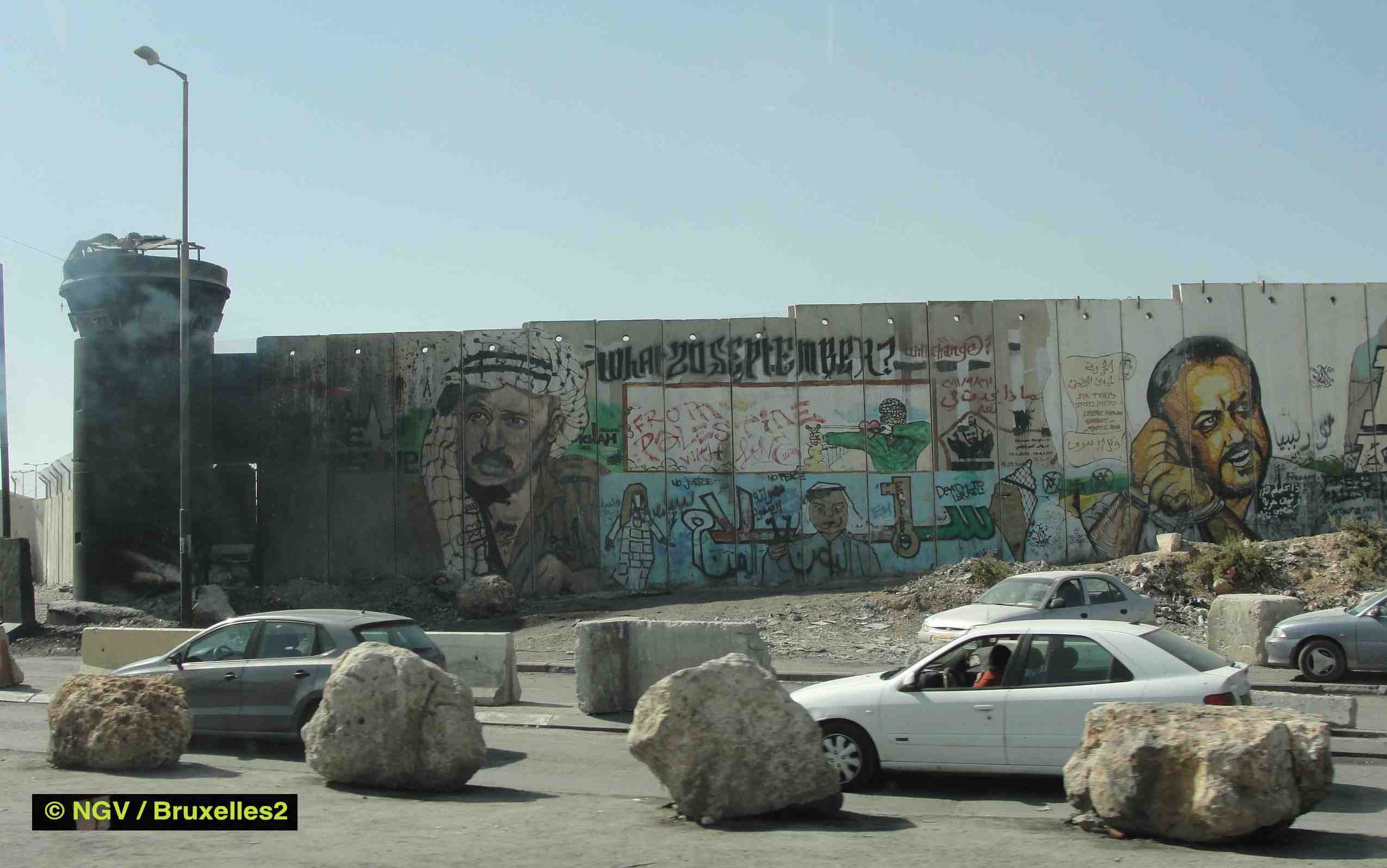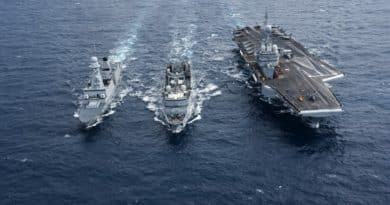Israel-Palestine: Europe must support the French initiative
 (B2) has decided to give the floor to several speakers from the sector in this new series (and section). Gilles Pargneaux is the author of our June carte blanche. French socialist deputy, elected from the far north, to the European Parliament (*), he campaigns in favor of the French initiative to resolve the Israeli-Palestinian conflict, convinced that the turbulent international context is paradoxically favorable to the resolution of the conflict. He wants not only French but European leadership, the Quartet being more of a hindrance than a help, to bring the Arab countries to get involved in the solution.
(B2) has decided to give the floor to several speakers from the sector in this new series (and section). Gilles Pargneaux is the author of our June carte blanche. French socialist deputy, elected from the far north, to the European Parliament (*), he campaigns in favor of the French initiative to resolve the Israeli-Palestinian conflict, convinced that the turbulent international context is paradoxically favorable to the resolution of the conflict. He wants not only French but European leadership, the Quartet being more of a hindrance than a help, to bring the Arab countries to get involved in the solution.
The conflict at its peak
Rarely has the Israeli-Palestinian conflict seemed so far from a resolution. After the end of hostilities in the summer of 2014 between Israel and Hamas, it was not calm that set in, but rather a climate of tension, where the news is punctuated by indiscriminate stabbings, murderous ramming cars and arson caused by the settlers.
Rarely has the despair of two peoples taken on such a despairing face than with this daily violence.
Rarely, too, has the attention of the international community been so far removed from the Palestinian question. The Syrian conflict and the horror enterprise of the Islamic State organization [Daesh/ISIL] occupy most of the chancelleries, as well as the attention of public opinion.
The turmoil ravaging the Middle East has changed the situation between Israel and the Arab countries. Many Palestinians and Israelis are worried about a possible breakthrough by the Islamic State in Gaza and the West Bank.
The lack of results of Hamas' policy and the Israeli government's stubbornness in wanting to set the conditions for a return to dialogue constitute fertile ground for other actors who are ever more hostile to peaceful coexistence. The sparks of terrorism are everywhere in Palestine. No country in the Middle East today has any interest in allowing another conflict to emerge.
A conducive climate?
A majority of Israelis and Palestinians want peace. If we add the Arab countries' desire to normalize their relations with Israel, we have fertile ground for the resumption of negotiations. As early as 2002, an Arab Peace Initiative was proposed by the Arab League to end the Israeli-Palestinian conflict. For these countries, peace with Israel will allow the emergence of a great arc of stability that will go from the Gulf of the Arabian Peninsula to the Mediterranean. Such a territory does not leave indifferent these countries, which want above all to organize the struggle for regional influence in which they engage with Iran.
Europe has the means to assume leadership
In this complex tangle of interests, Europe has a key role. The United States is unable to bring its stone to the building. More focused on the presidential election, concerned about the lack of prospects for peace and above all less inclined to get involved in their role as policeman of the planet, the Americans remain in a waiting position, ready to support any European initiative credible for peace.
Such an opportunity does exist. France has been trying to relaunch the peace process for several months and is planning an international conference to bring the players in the conflict back to the table. The European Union and its Member States must lend their full support to this initiative. On June 3, the Paris conference brought together the main influential players in the conflict in Paris, with the exception of Israel and Palestine. This is a first step towards a new peace conference. Everything should now be done to ensure that the political moment created by France.
However, several diplomatic steps should be taken to learn from the mistakes of the past. Otherwise, we will know only truces, a simple respite before the next conflict. The Arab Peace Initiative must be the basis of all negotiations. On the one hand, because it affirms the coexistence of the Arab and Israeli peoples and, on the other hand, because it is open to compromise in order to better reorganize the borders and territories between Israel and Palestine.
The role of the European Union is to support this process. For this, we must affirm it, the Quartet [United States, Russia, European Union, United Nations] is today more of a hindrance than a help in the Israeli-Palestinian conflict. His demands vis-à-vis Hamas are dated and inappropriate to reality. All who have a stake in the status quo support the Quartet. We must get rid of it, concentrate on the Arab Peace Initiative and promote the French steps.
From now on, prepare for peace
Nevertheless, the many failures of seventy years of peace attempts between Israel and Palestine teach us that diplomacy alone is no longer sufficient. Seven decades of suffering and deterioration of Palestinian dignity, and also of opportunism on the part of certain leaders on both sides, have erected almost unsurpassable psychological barriers in the current state, unless a process of interaction between peoples precedes the peace negotiations.
There is a mutual understanding to build to allow the acceptance of the obvious: the destruction of Israel is impossible, the disappearance of Palestine just as much; the coexistence of the two peoples is the only historical horizon. This requires the end of hate speech propagated by the leaders of both camps, the end of colonization, the modification of school textbooks which describe the other as absolute evil, the joint protection of natural resources... So many provisions that will allow to pave the way for peace.
For this, we propose the creation of a reconciliation commission, in addition to the other working groups envisaged by France. This is an essential corollary to all peace negotiations, without which we cannot hope to do better than at previous peace conferences.
This is the message that Europeans must convey at a time when our diplomacy has the opportunity to demonstrate its full relevance and effectiveness.
(Gilles Pargneaux)
(*) He is vice-president of the delegation of the European Parliament for relations with the Mashreq countries and National Secretary of the PS for North-South relations


